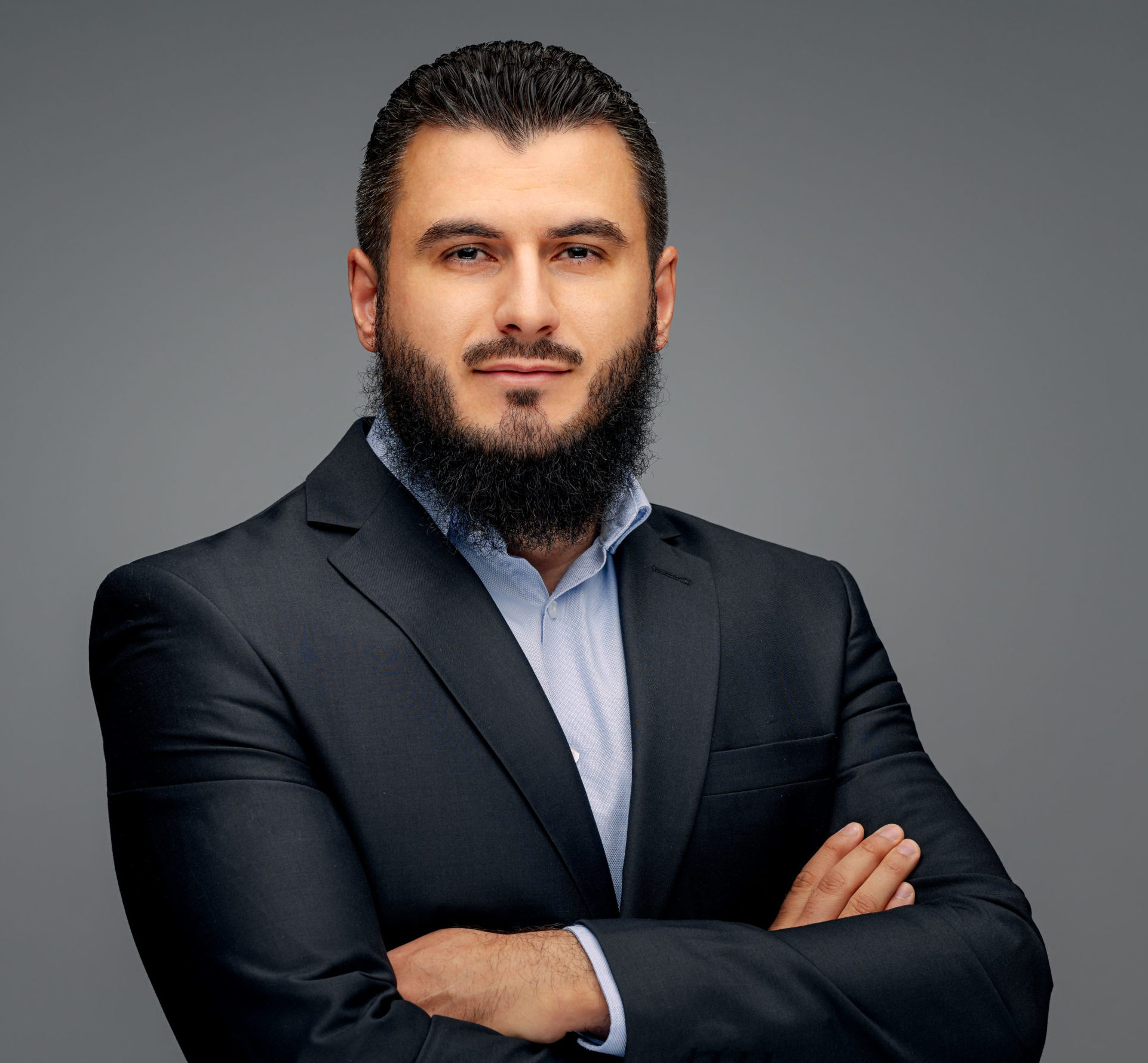About us
Our Team
Our team consists of many trained professionals, including experts, academics, distinguished translators and proofreaders, web designers, and consultants, who together have helped shape this project and continually add to improve it. The project is led by Muhamet Ziberi, a PhD candidate at the Islamic University of Madinah, in the field of the science of Hadith.
We welcome all help with open arms. If you would like to support us with your skills and join our team, please contact us!


Muhamet Ziberi, M.A.
In 2012, Muhamet Ziberi successfully completed his bachelor’s degree in Islamic and Hadith Sciences and thereafter completed his master’s degree in 2017.
He is currently a PhD candidate at the Islamic University of Madinah in the field of the science of Hadith. The topic of his Arabic dissertation is, “A critical analytical study of the various approaches of orientalists to Hadith criticism; Harald Motzki’s Method as Example”.
Follow me
Academic Career
Muhamet Ziberi, born in 1987 in Kicevo, grew up in Norway and moved to Germany in 1997. In 2006, he graduated from the Helmholtz-Gymnasium in Dortmund, Germany, with a general university entrance qualification. That same year, he traveled to Medina, Saudi Arabia as a dedicated student to begin his Islamic studies at the Islamic University of Madinah. In 2008, he graduated from the Institute of Teaching Arabic with an “Excellent” grade, and then pursued a bachelor’s degree at the Faculty of Hadith and Islamic Studies, which he completed in 2012 with a “Very Good” grade. He continued into postgraduate studies, earning his master’s degree in 2017 in the same field with an “Excellent” grade. His master’s thesis was based on reviewing a part of the Tafsir (Quranic exegesis) named Al-Durr Al-Manthūr, by Jalāl al-Dīn al-Suyūṭi (d. 911 H.). In it he analyzed and authenticated a total of 549 traditions. It was supervised by Dr. ʿAbdulbāri, the son of the world-renowned hadith scholar Ḥammād al-Anṣāri (d. 1998). Since 2017, he has been pursuing his doctoral degree at the Department of Hadith Sciences and is currently a PhD candidate.
Accompanying his academic studies, he regularly attended lessons by the highly recognized Fiqh scholar Muhammad Mukhtār al-Shinqīṭi. Additionally, he attended numerous private lessons in Uṣūl al-Fiqh (Principles of Islamic jurisprudence), Fiqh (Islamic jurisprudence) and other classical teachings. Further, he acquired various Ijazahs (authorization or license to transmit a certain text or subject) of the most famous of hadith collections, including but not limited to the six canonical hadith collections and Shamāʾil al-Muḥammadiyyah (translated as “The Sublime Qualities of Muhammad”).
Research Focuses
- Hadith Sciences – ʿUlūm al-Ḥadith
- Hadith Terminology Muṣṭalah al-Ḥadith
- Hadith Criticism –
- Narrator Criticism – al-Jarḥ wa al-Taʿdīl
- Hadith hermeneutics
- Western research concerning the Islamic tradition
- Methods of dating Hadiths
- Isnad-cum-Matn Analysis
- Principles of Islamic jurisprudence – Uṣūl al-Fiqh
- Islamic jurisprudence – Fiqh
Projects
- Hadithwissenschaften.de
- Islamictutors.com
- scienceofhadith.com
Aims of scienceofhadith.com
The site “scienceofhadith.com” has indeed given birth to a unique project. For the first time, the English-speaking world will have access, through this platform, to an academic level presentation of the science of Hadith and the Sunnah of the Prophet Muhammad, peace be upon him. “Scienceofhadith.com” aims to provide an understandable and simple, yet professional and academic insight into the science of the Prophetic traditions. We thus elevate the discourse of the Muslim community by making academic quality research material accessible to everyone. To achieve this, we present our research through many mediums such as animated videos, lectures, infographics, and e-books.
Our Methodology
The fundamentals of the science of hadith are formed by the classical Arabic publications and doctrinal views of the well-known Sunni hadith scholars; they are the primary sources in our papers. However, some contemporary publications are also alluded to.
Additionally, treatises in English serve as secondary sources. This allows non-Arabic speaking readers to independently delve into certain fields, as well as benefit from our papers. Further, English Islamic Studies students can also benefit from these secondary sources.
